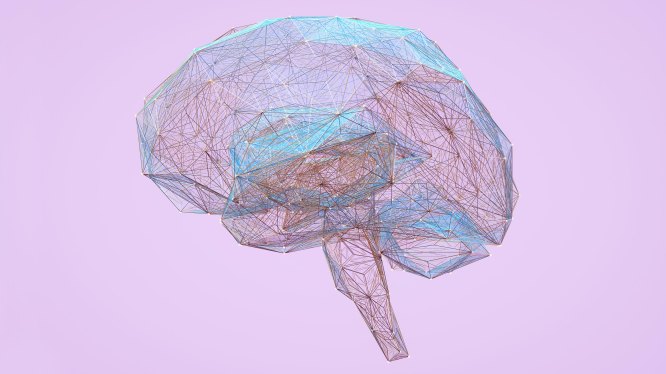Here is a rewritten version of the article with some minor changes for clarity and concision:
The Future of Work: How AI is Transforming Professional Services
As technology continues to advance at breakneck speed, one thing is certain: artificial intelligence (AI) will play an increasingly prominent role in shaping the future of work. In professional services, AI has the potential to revolutionize everything from research and analysis to client communication.
The Benefits of AI
While some may view AI as a threat to human jobs, the reality is that it can augment and enhance our capabilities, freeing us up to focus on high-value tasks like strategy, creativity, and problem-solving. In fact, 67% of professionals surveyed said that their work had a strongly or moderately positive impact on their mental health and well-being.
AI can also reduce repetitive and mundane tasks, allowing professionals to spend more time on fulfilling endeavors and potentially leading to better work-life balance. As Steve Hasker, President and CEO of Thomson Reuters, notes, "Human intelligence, thinking, and collaboration are fundamental to the success of professionals."
The Challenges Ahead
While AI has tremendous potential, it also presents challenges that must be addressed. For example, concerns about accuracy and trust are major hurdles in the adoption of AI-powered solutions. Regulation will likely play a critical role in ensuring that AI is developed and implemented responsibly.
Moreover, as AI assumes more responsibilities, professionals will need to adapt their skills and knowledge to work effectively alongside machines. Training and educational programs will need to evolve to prepare staff for novel business models powered by AI solutions.
The Future of Work: A Collaborative Effort
Ultimately, the future of work is a collaborative effort between professionals, technologists, government, and industry leaders working together to define how we engage with AI and continue to adapt as the technology evolves. As Hasker emphasizes, "We need to get comfortable with regulating based on what we know today, while being prepared to correct our course as we go."
Key Takeaways
- AI has tremendous potential to augment and enhance professional capabilities
- Concerns about accuracy and trust are major hurdles in adoption
- Regulation will play a critical role in ensuring responsible development and implementation of AI-powered solutions
- Professionals will need to adapt their skills and knowledge to work effectively alongside machines
By embracing the opportunities and challenges presented by AI, we can create a future where professionals and technology collaborate to deliver high-quality results while promoting better work-life balance.



